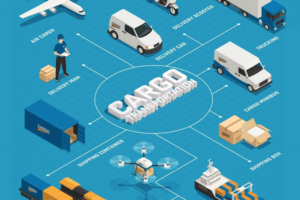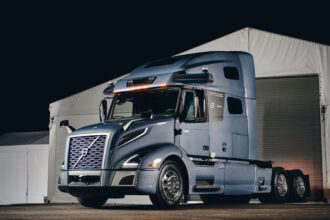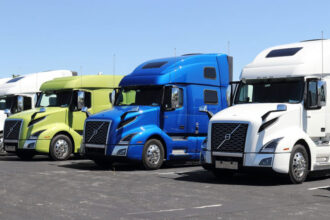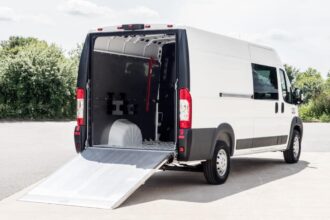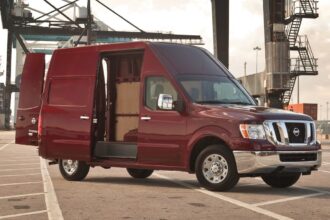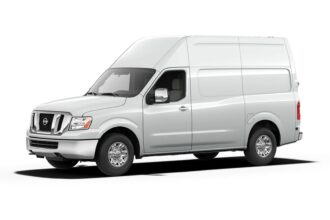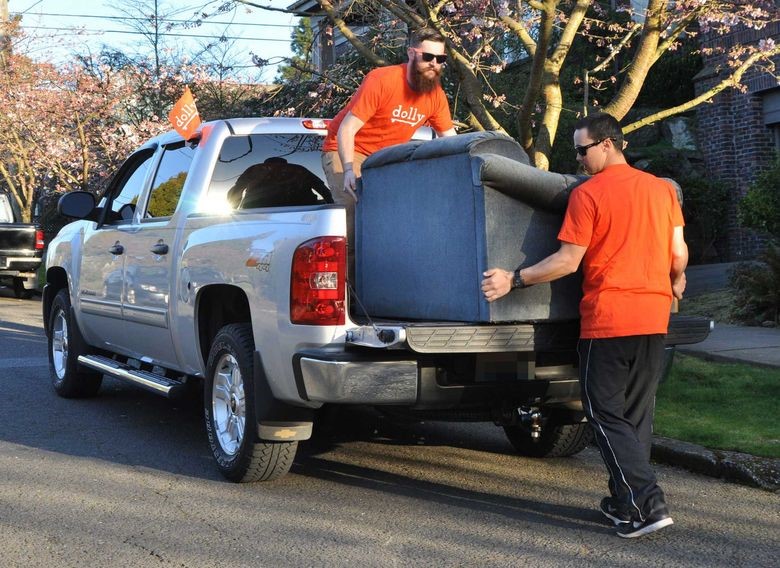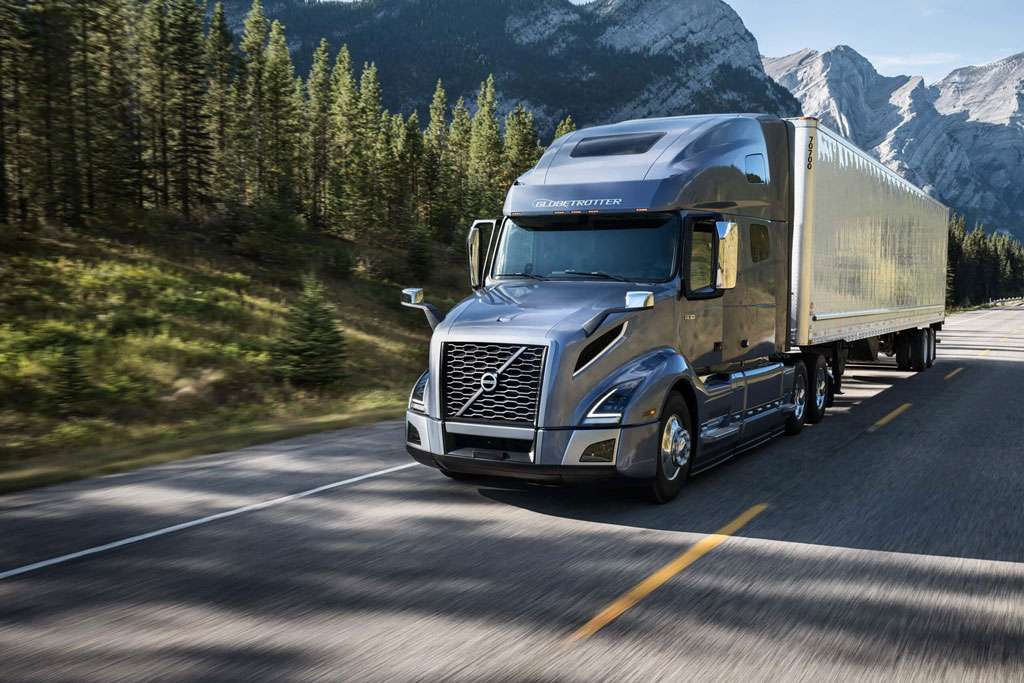Table of Contents
Introduction
Operating a flatbed trailer delivery business involves substantial risks that require proper insurance coverage.
If you want to own a flatbed hauling company, it is imperative that you understand the types of insurance your business needs and work with an experienced insurance agent or broker to secure adequate protection.
Follow these steps to help ensure your flatbed delivery enterprise has sufficient insurance coverage.
SUMMARY
- Research your Insurance Needs
- Consult with Insurance Professionals
- Provide Details on your Operations
- Compare Quotes
- Review Exclusions and Limitations
- Require Certificates from Subcontractors
- Report Claims Promptly
- Review Annually
- Follow Best Practices
- Consider a Captive Program
Recap
1. Research your Insurance Needs
To get business insurance for your flatbed trailer delivery business, research your insurance needs. Thoroughly research the types of insurance policies that are essential for a flatbed trailer delivery operation. Some of the key insurance needs include:
Commercial Auto Insurance
Covers your company-owned trucks and trailers for liability, collision, comprehensive and other risks. Make sure the policy has adequate limits to cover the full value of your equipment. Require at least $1 million per occurrence limits.
Motor Truck Cargo Insurance
Protects the customer’s cargo you are hauling in case of loss or damage. Obtain the broadest coverage available.
General Liability
Covers your business if third parties are injured on your premises or by your operations. Limits of $1 million per occurrence are recommended.
Commercial Property
Insures your business property like your office, warehouses and other locations against damage from events like fire, storms, theft and more. Make sure you have adequate limits to replace your property if damaged.
Workers' Compensation
This mandatory insurance covers injuries or illnesses sustained by your employees on the job. It provides medical, disability and death benefits as required by each state.
Umbrella Liability
Provides additional liability limits above your primary policies. It adds an extra layer of protection in the event of a catastrophic loss. Limits of $1 million or more are common.
Garagekeepers Liability
This covers your liability for damage to customers’ vehicles or cargo while in your care, custody and control. It applies while their equipment is parked at your lot.
>>>MORE: Flatbed Trailer Business Checklist
2. Consult with Insurance Professionals
To have a business insurance for your flatbed trailer delivery business, consult with different insurance professionals. Work closely with an experienced independent insurance agent or broker that specializes in commercial trucking insurance. They help you evaluate the risks of your particular business, understand your state’s requirements, and guide you in structuring an insurance program with proper coverage, limits and terms. An insurance professional also provides risk management guidance to help minimize hazards.
3. Provide Details on your Operations
To receive accurate quotes and structuring of policies, you will need to provide details on your flatbed hauling operations, including:
- Number of trucks and trailers – More equipment means higher premiums.
- Driver safety records – Clean records may qualify for lower rates.
- Years of experience – New businesses often pay higher premiums.
- Commodities transported – Hazmat materials can increase costs.
- Geographic service area – Long-haul increases risks.
- Storage locations – Overnight trailer storage may require added coverage.
- Financial data – Carriers evaluate risk based on revenues.
- Claims history – Prior losses can increase premiums.
4. Compare Quotes
To profit from a business insurance for your flatbed trailer delivery business, rate and compare quotes. It’s important to compare insurance quotes from several reputable providers. Make sure the policies and coverage amounts are equivalent when evaluating options.
Consider pricing, financial strength, customer service, claims handling and other factors when selecting a carrier. A lower premium may not necessarily be better if coverage gaps exist.
5. Review Exclusions and Limitations
To obtain business insurance for your flatbed trailer delivery business, review exclusions and limitations. Carefully examine any exclusions or limitations in the policies you are considering. Things often excluded include hazardous cargo, unlicensed drivers, non-listed locations, and wear and tear damage.
Discuss any concerns with your agent and understand the gaps before binding coverage.
6. Require Certificates from Subcontractors
To acquire business insurance for your flatbed trailer delivery business, work with subcontractors. If you use independent contractor drivers or subcontractors, ensure you receive proof of insurance certificates verifying they have adequate coverage.
This helps protect your company from liability related to their operations.
Confirm required coverages and minimum limits are in place.
7. Report Claims Promptly
To get business insurance for your flatbed trailer delivery business, report claims. If any accidents, cargo losses, injuries or other incidents occur that could lead to an insurance claim, report them to your carrier immediately. Prompt reporting is essential for properly initiating the claims process.
Cooperate fully with all requests your insurer makes for information pertaining to the claim.
8. Review Annually
To get business insurance for your flatbed trailer delivery business, make annual reviews. It’s important to review your insurance portfolio with your agent at least annually. Report any changes in your operations, equipment, commodities hauled or other factors that could influence your coverage needs or premiums.
Update limits if necessary to ensure adequate protection. Report claims or incidents that may not yet have resulted in a claim – the underwriters will factor this into upcoming renewals.
>>>PRO TIPS: Flatbed Trailer Business Ideas
9. Follow Best Practices
To get business insurance for your flatbed trailer delivery business, follow best practices. Maintaining rigorous safety, maintenance, hiring and operating processes is critical for controlling insurance costs and avoidance of claims.
Consult with risk management experts for guidance on implementing best practices that insurers recognize through more favorable coverage and rates.
10. Consider a Captive Program
To get business insurance for your flatbed trailer delivery business, consider a captive program. For larger fleets, another option is forming a captive insurance company. This insures the risks of member entities under common ownership or in the same industry. Premiums fund the losses of the captive members. Consult with a captive specialist to evaluate whether this strategy could benefit your flatbed hauling business.
Securing the proper insurance coverage provides critical protection for your assets and business earnings. Partnering with insurance experts simplifies the process of understanding risks, comparing options, securing adequate affordable coverage and managing claims properly. Investing time upfront to structure an optimal insurance program reduces long term costs and provides peace of mind.
Recap
This comprehensive guide outlines the essential steps for securing the right business insurance coverage for a flatbed trailer delivery business. It emphasizes the importance of thorough research, expert consultation, annual reviews, and adherence to best practices.
Follow each step and protect your assets and ensure the long-term success of your flatbed trailer delivery operations with confidence.



